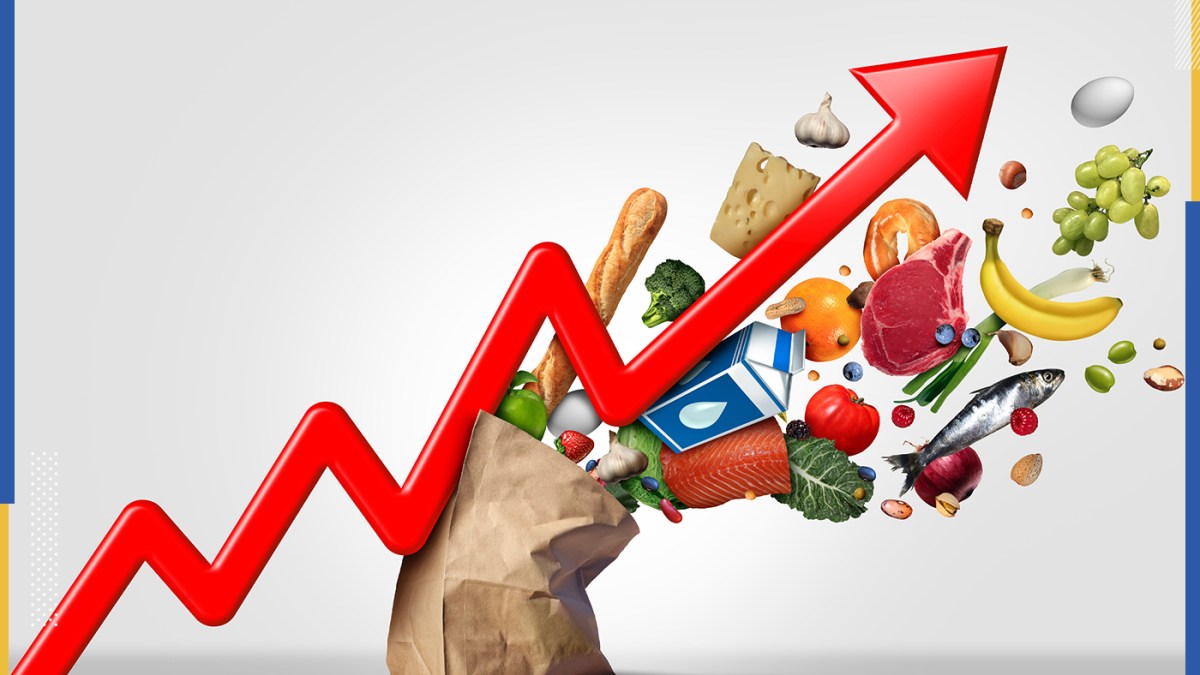Data from the Central Agency for Public Mobilization and Statistics (CAPMAS) showed on Saturday that annual consumer price inflation in Egyptian cities accelerated to 32.7% in May from 30.6% in April, which was higher than analysts' expectations.
On a monthly basis, urban inflation increased to 2.7% from 1.7% in April.
Inflation has risen sharply over the past year after a series of devaluations of the pound that began in March 2022, as well as prolonged foreign currency shortages and continued delays in the release of imports.
The value of the Egyptian currency has halved since March 2022 after the fallout from the Russian-Ukrainian war showed weaknesses in the country's economy.
The government reached an agreement with the International Monetary Fund in December for a $3 billion financial support package.
Also in Egypt, Supply Minister Ali El Moselhy said on Saturday that the International Islamic Trade Finance Corporation had approved $700 million in financing for Egypt this week to buy grain imports.
This comes as part of a financing agreement dating back to 2018 between Egypt and IDA that was renewed last year for an additional 5 years, with the agreed credit limit adjusted from $3 billion to $6 billion.
The minister said the country's strategic wheat reserves were sufficient for 5.9 months, adding that the government had purchased 3.44 million tonnes of domestic wheat.

